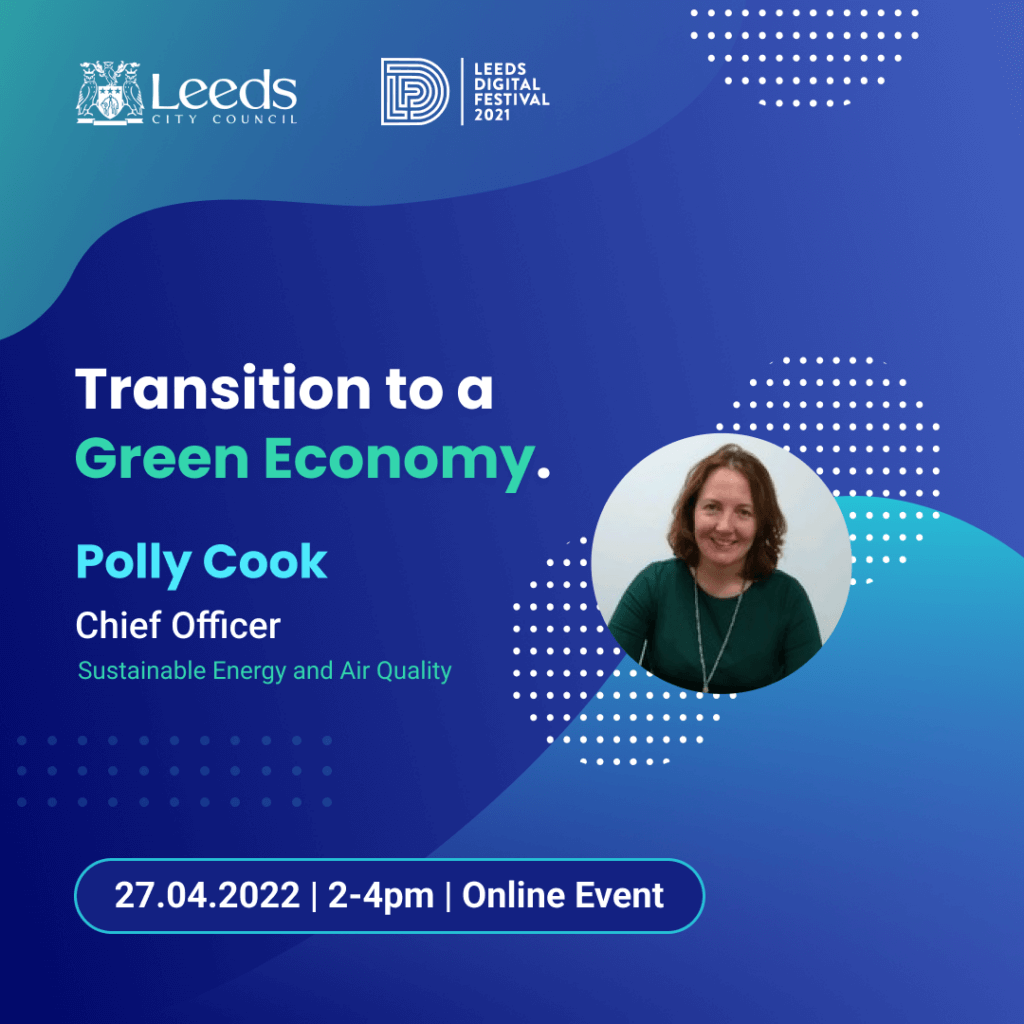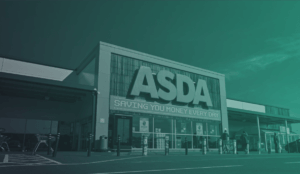Efficiency, sustainability and collaboration are at the core of what we do. Hark’s online webinar, as part of the Leeds Digital Festival is bringing together a line-up of sustainability experts, to accelerate united sustainability action through cross-industry collaboration.
Polly Cook, Chief Officer for Sustainable Energy and Air Quality at Leeds City Council, will be joining us for The Collaborative Sustainability Agenda. We spoke to Polly about the sustainability challenges that Leeds City Council currently face, and what they are implementing to tackle the climate emergency.

What is your role and background within Leeds City Council?
I am Chief Officer for Sustainable Energy and Air Quality, with responsibility for working across the local authority to co-ordinate the council’s response to the climate emergency. In addition, my team leads and directly delivers several key sustainability-related projects including the £47m low carbon district heating network and £25m public sector decarbonisation scheme working alongside private sector partners.
What sustainability challenges does Leeds City Council face?
Leeds has an ambition to lead by example and become the first carbon-neutral city in the UK. This will only be possible with continued support and action from the city’s communities, businesses, local and national governments.
Fortunately, we are seeing an unprecedented commitment towards tackling climate change from virtually all sectors. This enthusiasm will need to be sustained over the long-term which will be a key challenge shared by everyone who cares about this important issue.
We also need to ensure that this enthusiasm is resulting in tangible, measurable outcomes that make a real difference to our climate. Local authorities have a clear role to play here by demonstrating what ‘best practice’ looks like; by supporting our businesses and communities to understand how to reduce their environmental impact; and by enabling positive behavioural changes through our policy and infrastructure.
What are your sustainable targets within the Council for the Leeds City area?
Three years ago, councillors from all parties voted to declare a climate emergency and agreed an ambitious target of working to achieve net zero carbon emissions citywide by 2030. We’ve since made responding to climate change one of the strategic priorities of our Best City Ambition alongside facilitating inclusive economic growth and improving health and wellbeing. Every significant decision we take as a council has to consider the impact on these three strategic goals.
As an organisation, Leeds City Council is on track to more than halve our emissions by 2025. To do this we are rationalising and improving the energy efficiency of our buildings, installing low carbon heating sources, switching to 100% renewable electricity, replacing the city’s street lights with LEDs and transitioning our fleet to more zero emission vehicles.
We aim to become a net zero organisation by 2030 and we have already started to look at how we can go beyond building decarbonisation and reduce emissions across our supply chain. For example, we have pledged to reduce emissions from the food we serve and source increasingly local.
Is there anything you are doing to reach the immediate targets?
Since declaring a climate emergency in 2019—and despite the pressures of responding to an unprecedented global pandemic—Leeds City Council has delivered climate-related schemes worth hundreds of millions of pounds, published a plan to halve the authority’s own carbon footprint by 2025, and has begun to update some of the authority’s most influential policy documents to ensure they each support work to mitigate and adapt to the changing climate. More information about our work can be found at www.leeds.gov.uk/climate.
Where would you like to see the City of Leeds, in terms of sustainability within the next few years?
Leeds has declared a climate emergency and wants to become the first carbon-neutral city. Over the next few years, I hope that the city will collectively have made good progress towards that goal and continues to see responding to the climate emergency as a shared priority.
We can’t wait to hear more about the Allied Glass sustainability journey and how our collective action can reduce the burden of the climate emergency. Sign up here to join us for The Collaborative Sustainability Agenda event on the 27th April.



